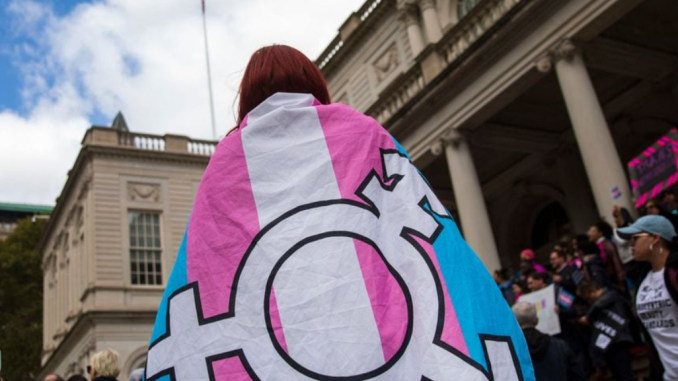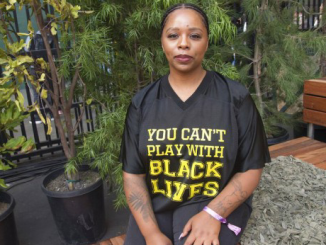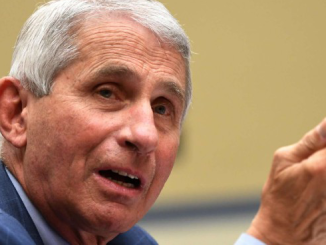
Duke Health, the healthcare system affiliated with Duke University, is denying that it aids in transitioning toddlers, despite stating on its website it would offer puberty blockers to kids under 16-years-old.
Duke reportedly scrubbed its website of mentions of a doctor who once said he transitions kids as young as two-years-old. Education First Alliance reported that Dr. Deanna Adkins, who runs Duke Health’s gender clinic, said in a 2016 interview that he has transgender patients as young as two-years-old.
The medical institution has since removed sections of its website with the doctors who believe toddlers can be transitioned. One page now says “[t]he list of healthcare providers who publicly declare they are affirming of patients of all sexual orientations and gender identities is currently being updated.”
The hospital still states that it provides hormone therapies to children 16 and older, and puberty blockers to children younger than 16.
Duke Health has called reports about hospitals transitioning toddlers “misinformation” and stated that “[c]are decisions are made by patients, families and their providers and are both age-appropriate and adherent to national and international guidelines.”
North Carolina medical facilities are encouraging “gender transition” for children as young as two. Horrendous. @SloanRachmuth pic.twitter.com/0OnHePGJBD
— The American College of Pediatricians (@ACPeds) May 3, 2023
Puberty blockers, often touted as an irreversible method for gender confused kids to explore their “gender identity,” are riddled with long term health effects.
Puberty blockers can cause issues with bone development in children, potentially leading to an increased risk of fractures later in life. Cross-sex hormones can also affect a patient’s fertility, according to a handout from OHSU Doernbecher Children’s Hospital.
The use of puberty blockers on young children may also increase the likelihood that individuals go on to receive other sex change procedures they would otherwise resist, some medical experts believe.
Duke Health did not immediately respond to a request for comment.
* Article From: The Daily Caller


